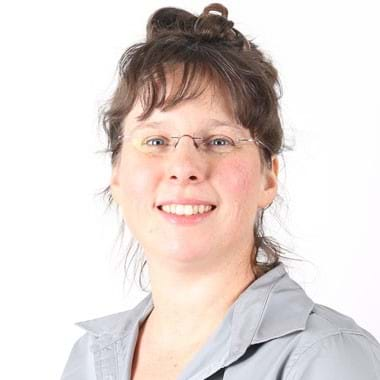Including perennial fodder crops as “cut and carry” nitrogen sources in long-term rotations of organically grown potatoes and field crops

Christine Landry
Researcher, agr., Ph.D.
418 643-2380
ext 640
Description
Most of the nitrogen requirements in organic farming can be met by using animal manures because they are rich in effective nitrogen. But, they are also rich in phosphorus, which is not the case for green manures. In so-called long-term rotations (>5 years) used by organic farmers, some crops, including potatoes and corn, have high nitrogen requirements. The challenge, then, is to select an optimal crop sequence and combine it with the right choice and appropriate synchronization of green and animal manure applications.
The current project follows up on an earlier 2016–2018 study conducted at the Morinal organic dairy and horticulture farm in Chaudière-Appalaches, in which different green manure and animal manure systems were compared. Along similar lines, we will compare the ability of mixed protocols using blended green manure, with or without the addition of farm manure, to satisfy the nitrogen requirements of the silage corn rotation crop, according to the following sequence: catch-crop green manure/silage corn/cereals/meadows. The two farm manures to be tested are fresh poultry droppings and cattle manure.
In addition, as an animal manure substitute, we will test “cut and carry” green manure obtained from a farmer’s pulse meadow. In 2020 we will assess the impacts of the various protocols on the growth of wheat planted as a cover crop in a pulse meadow. The first wheat cut (2021) will be assessed for its potential as a “cut and carry” green manure. Finally, this project will yield scientific and economic results over the entire 2016–2021 rotation, thus providing information on the overall impact of these practices on soil health and fertility, as well as basic knowledge that will be used to develop integrated fertilization strategies.
Objective(s)
- For every green manure and animal manure tested, including “cut and carry” green manure, we will determine the impact on the
- available NPK in the soil, including NO3 fluxes;
- total NPK uptake and corn yields;
- weed cover;
- organic quality of the soil (labile C and activity); and
- post-harvest water-soluble phosphorus and residual nitrate.
- Assess the effects of the fertilization protocols on wheat grain yields (cover crop in a pulse meadow) planted a year after silage corn, as well as the impact on weed growth.
- Measure the biomass production of the first pulse meadow cut and determine its viability as a source of “cut and carry” green manure.
- Analyze overall fertilizing efficiency over six years of crop management, the impact on soil health, as well as the attendant revenues and costs (contribution margin).
From 2019 to 2022
Project duration
Market gardening, Field crops
Activity areas
Fertilizer management
Service
This phase of an extensive six-year project will provide knowledge essential to the development of integrated fertilizer strategies for organic farmers.

Partners
Ministère de l’Agriculture, des Pêcheries et de l’Alimentation – Prime-Vert Program | Ferme Morinal | Réseau de lutte intégrée Bellechasse

This may interest you
Biological control of leek moth through the release of trichogramma wasps in organic leek production in Québec
This project as aimed at comparing the efficacy of two parasites (T. brassicae and T. ostriniae) on leek moth.
Researcher: Annabelle Firlej

Developing a weed control knowledge transfer tool for organic market gardeners
This project seeks to develop a knowledge transfer tool to assist organic market gardeners with weed control.
Researcher: Maryse Leblanc



